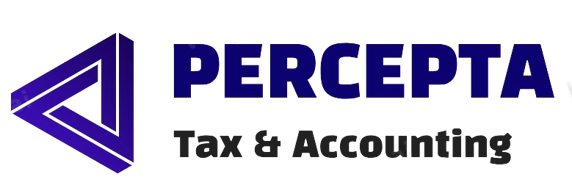Introduction
As a business owner in Canada, filing your income taxes is an important responsibility that should not be taken lightly. It is crucial to ensure that you comply with all the necessary regulations and take advantage of any available deductions or credits. In this article, we will provide you with 10 tips to help you navigate the process of filing your income taxes as a business owner in Canada in 2023.
1. Keep Accurate and Organized Records
One of the most important steps in preparing your income taxes is to keep accurate and organized records. This includes maintaining records of all your business income, expenses, receipts, and invoices. Having well-organized records will make the process of filing your taxes much smoother and help you avoid any potential errors or discrepancies.
2. Understand Tax Deductions and Credits
Familiarize yourself with the various tax deductions and credits available to business owners in Canada. By understanding these deductions and credits, you can identify opportunities to reduce your taxable income and potentially save on your tax bill. Some common deductions and credits include business expenses, capital cost allowance, and the small business deduction.
3. Separate Personal and Business Finances
It is essential to keep your personal and business finances separate. This means maintaining separate bank accounts and credit cards for your business. By keeping your finances separate, you can easily track your business income and expenses, which will simplify the process of filing your taxes and provide a clear picture of your business's financial health.
4. Hire a Professional Accountant
Consider hiring a professional accountant who specializes in tax preparation for businesses. An experienced accountant can help you navigate the complexities of the tax system, ensure compliance with all regulations, and identify potential tax-saving opportunities. They can also provide valuable advice on financial planning and help you make informed decisions for your business.
5. Stay Updated on Tax Laws and Regulations
Tax laws and regulations are subject to change, so it is crucial to stay updated on any updates or amendments that may affect your business. Subscribe to reliable sources of information, such as the Canada Revenue Agency (CRA) website or consult with your accountant to stay informed about any changes that may impact your tax obligations.
6. File Your Taxes on Time
Ensure that you file your income taxes on time to avoid any penalties or interest charges. The deadline for filing taxes in Canada is typically April 30th for individuals and June 15th for self-employed individuals. However, it is important to note that any taxes owed must still be paid by April 30th to avoid interest charges.
7. Take Advantage of Technology
Leverage technology to simplify the process of filing your taxes. There are various accounting software and online platforms available that can help you track your income and expenses, generate financial reports, and even file your taxes electronically. These tools can streamline your tax preparation process and minimize the chances of errors.
8. Maximize Your RRSP Contributions
As a business owner, you can contribute to a Registered Retirement Savings Plan (RRSP) to save for your retirement while also reducing your taxable income. By maximizing your RRSP contributions, you can lower your overall tax liability and ensure a more secure financial future for yourself.
9. Consider Incorporating Your Business
Depending on the size and nature of your business, it may be beneficial to incorporate. Incorporating your business can provide various tax advantages, such as lower tax rates and enhanced liability protection. Consult with a legal and tax professional to determine if incorporating your business is the right choice for you.
10. Seek Professional Advice
When in doubt, seek professional advice. The tax landscape can be complex, and it is always wise to consult with a tax professional or accountant who can provide personalized guidance based on your specific business circumstances. They can help you navigate the intricacies of the tax system and ensure that you are maximizing your tax-saving opportunities.
Conclusion
Filing your income taxes as a business owner in Canada can be a daunting task, but by following these 10 tips, you can simplify the process and ensure compliance with all tax laws and regulations. Remember to keep accurate records, understand deductions and credits, separate personal and business finances, and seek professional advice when needed. By taking a proactive approach to your tax obligations, you can minimize your tax liability and focus on growing your business.




